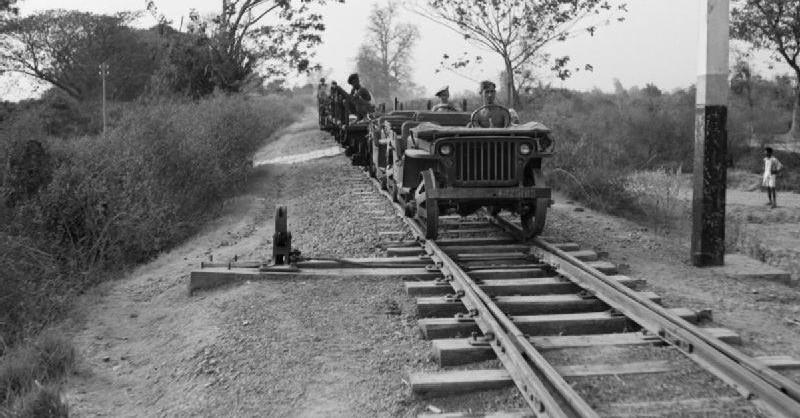A survivor of the infamous Burma-Thailand railway in the Second World War, Milton Thomas ‘Snow’ Fairclough, has passed away in Perth.
The Returned Services League announced that the decorated 96-year-old veteran had recently passed away.
Born on August 28, 1920, in Perth he saw service in Palestine, Syria, Lebanon, Java and Burma during the war.
He tolerated three-and-a-half years of hunger, sickness, and beatings in forced labor as a Japanese prisoner of war on the Burma-Thailand ‘death railway’ that took the lives of close to 3,000 of his countrymen.
Mr. Fairclough’s nine war medals were thieved in September 2015. After the extensive publicity of the robbery, they were secretly returned after a few days short at Anzac Day this year.
He’s got a lot of faith in humanity now, he said after their return.
He had tears streaming down his cheeks. A nearly 96-year-old man was weeping. It was such an emotion, he exclaimed.
President Peter Aspinall of RSL Western Australia said Mr. Fairclough couldn’t be replaced.
Snow was one of the few surviving soldiers of the 2/3 Machine Gun Battalion and died within one week of the passing of Eric Roediger, another valued member, Mr. Aspinall said.
Those men served their community and country and lived through difficulties during the Second World War that today’s younger generations would find impossible to fathom, he added.
He assisted surgeon Sir Edward ‘Weary’ Dunlop nursing sick prisoners near the notorious Hellfire Pass on the Thai-Burma railroad.
The RSL said in that period he was known for his friendliness, sympathy for his fellow prisoners and resourcefulness, ABC News reported.
During imprisonment, he spent many hours looking for little extras for his fellows who were ill, unpaid, or on light rations.
Even when the terrifying cholera outbreak exploded, he continued to nurse cholera sufferers without any concern for his well-being.
